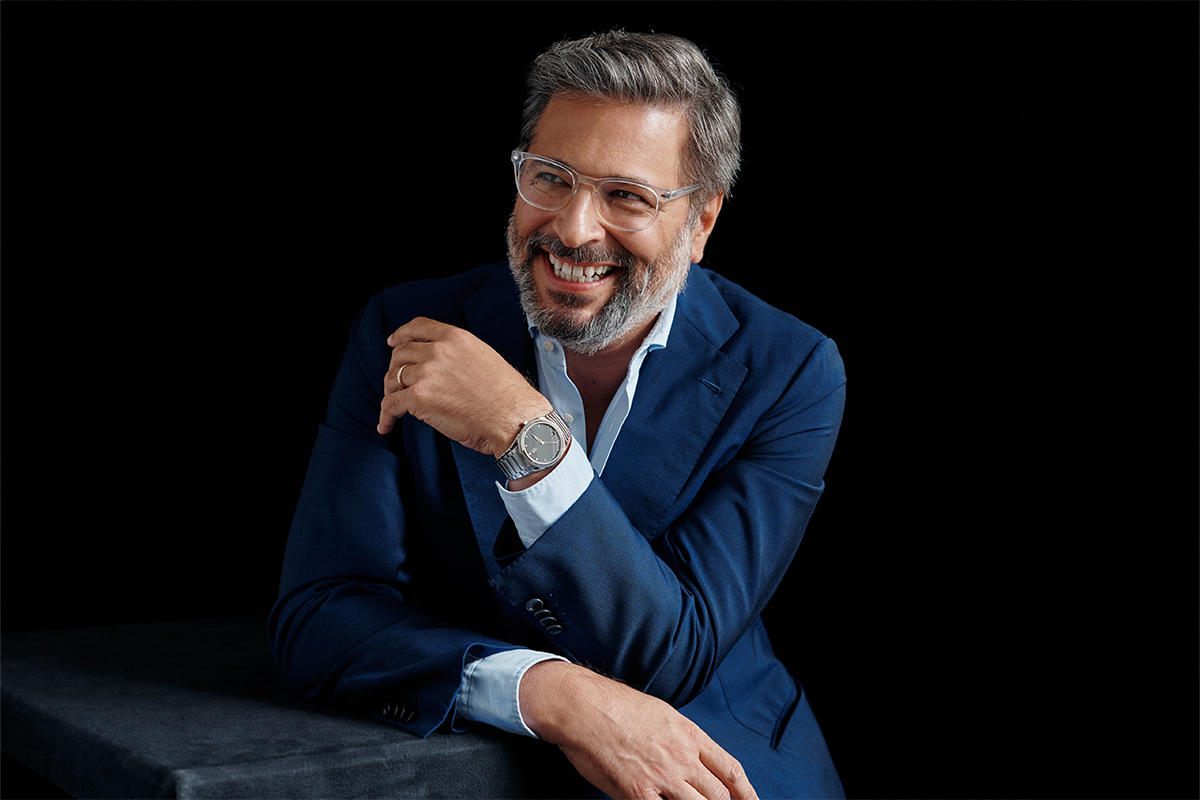
CEO Guido Terreni. Courtesy of Parmigiani Fleurier
LUX speaks to Guido Terreni, CEO of Swiss Watchmaker Parmigiani Fleurier about the definition of luxury and the key values which distinguish the classic brand
LUX: What drew you to the world of horology and made you pursue a career in this industry?
Guido Terreni: My girlfriend was living in Switzerland. I decided to join her, and later she became my wife. At that time, I didn’t imagine that I was also getting married to watchmaking.
LUX: What are the core values of the Parmigiani Fleurier brand, and do you believe these have changed over time?
GT: Parmigiani Fleurier is founded on 2 very important values that are embodied in its founder, Michel Parmigiani, who is a living legend of restoration.
The first is a deep cultural knowledge of watchmaking history, and with it, its different crafts across all eras and all components. The second is discretion, because when you are a restorer, even with the highest of skills like Michel, your ego has to disappear. This is because your work is about giving a second life to the work of another creator.
These values are eternal, and our responsibility is to keep them at the heart of our Maison for the pleasure of our clients.
Follow LUX on Instagram: luxthemagazine
LUX: In the two years since you were appointed CEO, sales at Parmigiani Fleurier have seen dramatic improvement. What is your business strategy and why has it been so successful?
GT: Indeed, we are experiencing a fantastic momentum that originated from the unveiling of the Tonda PF Collection at the end of 2021. The centre of the strategy is designing a pure and contemporary collection that respects the brand’s values of high horological content and understatement, to please the refined and non-ostentatious watch purists of tomorrow. Everything else, meaning distribution and communication, must be consistent with this desire, where quality over quantity is always respected.
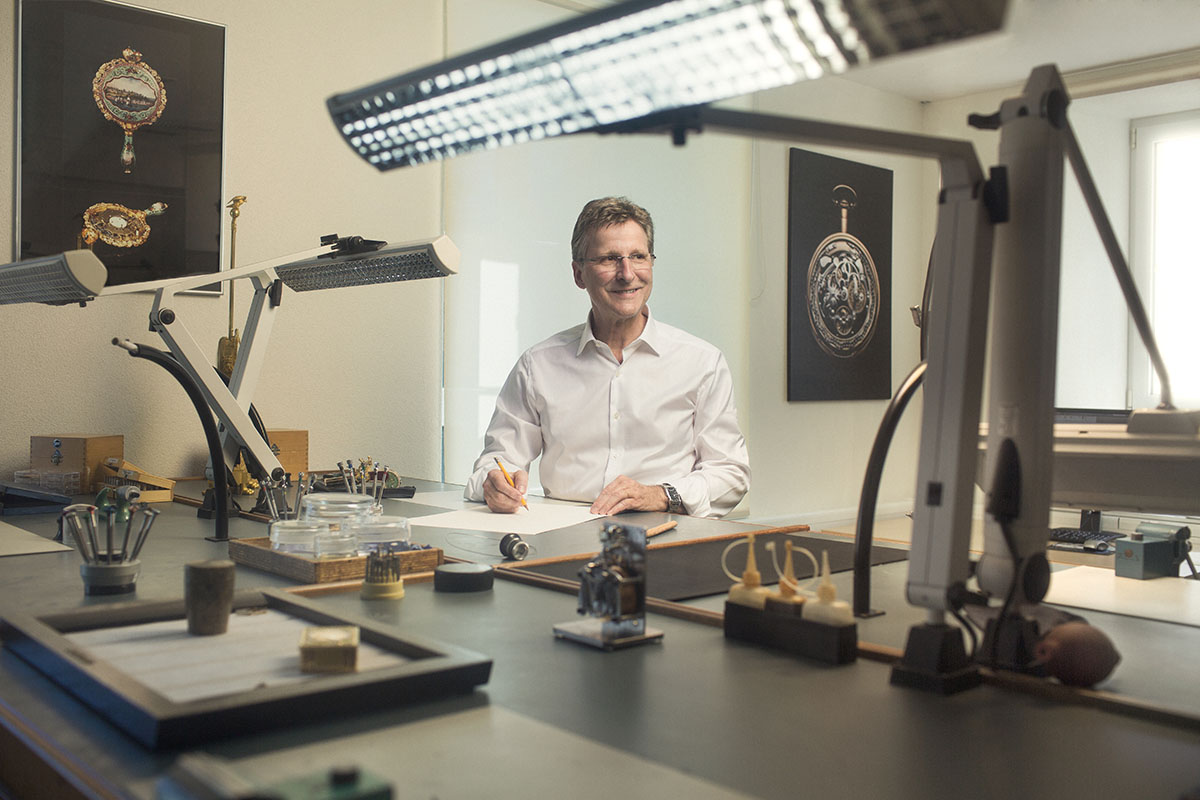
Parmigiani Fleurier’s founder Michel Parmigiani in the restoration workshop. Courtesy of Parmigiani Fleurier
LUX: Your recently released Calendar Watches Trilogy reflects a number of different civilizations and cultures. Can you tell us about the importance of global or cultural approaches to watchmaking?
GT: Global and cultural approaches are part of the same game. The brand is always consistent when it expresses its creativity, whether to the world, or to a specific audience. Authenticity, deepness of the idea and excellence in the execution must always be there. When you address a different culture, what is deeper than interpreting a different way of mastering time?
It is not a commercial exercise. It is a cultural one, that starts from respect, understanding others and putting the Swiss watchmaking culture at the service of another one, while keeping the Parmigiani touch in doing so.
LUX: How can watches tell the stories of people?
GT: A timepiece is probably the most intimate object we accompany ourselves with. Apart from collectors that evidently have a watch for every occasion and every mood, the majority of watch lovers wear their watches for quite a long and continuous time. It is the only object you don’t think about when you choose your outfit in the morning. It is therefore always right for the owner, because it reflects his or her personality. That’s why you can tell a lot of things from how a watch is worn.

The Parmigiani Fleurier Manufacture. Courtesy of Parmigiani Fleurier
LUX: How do you balance honouring the history of traditional watchmaking techniques while also looking to the future and continuing to innovate?
GT: Personally, I value tradition as our roots. They forge your thinking and your craft, but if tradition becomes an obsession, it becomes a cage, a rail from which there is no escape or evolution.
Luxury, to me, is about evolving excellence. Innovation might not be technological, as the quartz watches, or more recently, the smartwatches have demonstrated in failing to supersede the traditional mechanical technology. You can innovate while respecting tradition. You can refuse to accept that everything has already been invented in watchmaking. That, to me, is interesting and creative and pushes our quest to be world premium. Luckily, there is no recipe to express an innovative luxury experience, it’s a question of sensitivity and balance.
LUX: What sets Parmigiani apart from other renowned watch brands, and how do you maintain a competitive edge?
GT: We create discrete high horology, where superior crafts and refinement must respect the non-ostentatious values of our clientele and our Maison. We maintain our competitive edge by aspiring to present innovations that are interesting, and that can become lifelong companions, like the Xiali Calendar, or reinterpreting important functions like the GMT with our GMT Rattrapante, or exploring new functions with the Minute Rattrapante.
LUX: What role does the restoration of watches and other artifacts play in shaping the brand’s philosophy?
GT: To quote Michel: “Restoration is our source of knowledge.” It is important not for the sake of replicating the past, but to acquire and keep alive that sensitivity to the mechanical art that moves us.
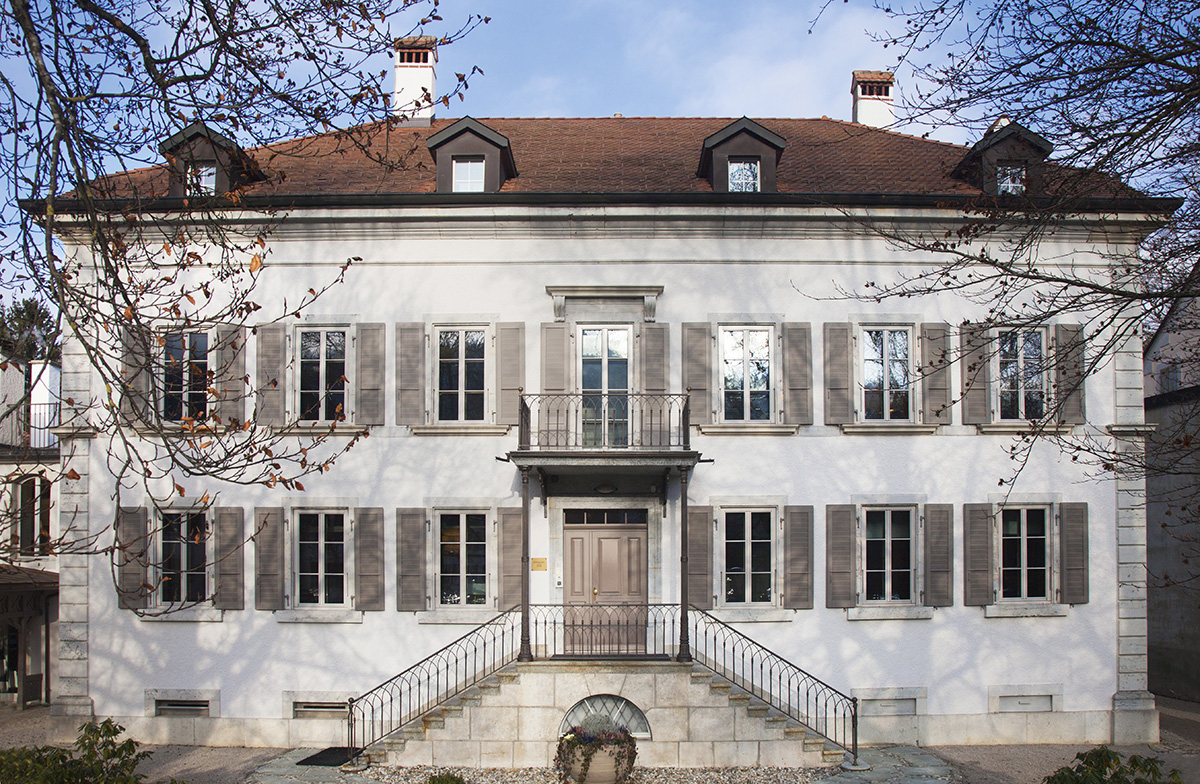
The Parmigiani Fleurier Maison. Courtesy of Parmigiani Fleurier
LUX: What are the key challenges facing the luxury watch industry at the moment and how should these be addressed?
GT: The luxury watch industry has become a very big market. The bigger it gets, the more mainstream it becomes. The risk for the industry is to lose contact with the true luxury experience, which has little to do with the size of the budgets at your disposal, but a lot to do with the ideas you have in mind.
Read more: Bovet’s Pascal Raffy on horological artistry and engineering
LUX: Looking to the future, what can we expect from Parmigiani Fleurier as it continues to evolve as a brand?
GT: The Tonda PF has just been born. We have to work with discipline and make the collection become iconic.
We will continue to be true to our values and we will continue to be creative, innovative and assure a supreme execution, while aiming to always being interesting.
Find out more: www.parmigiani.com

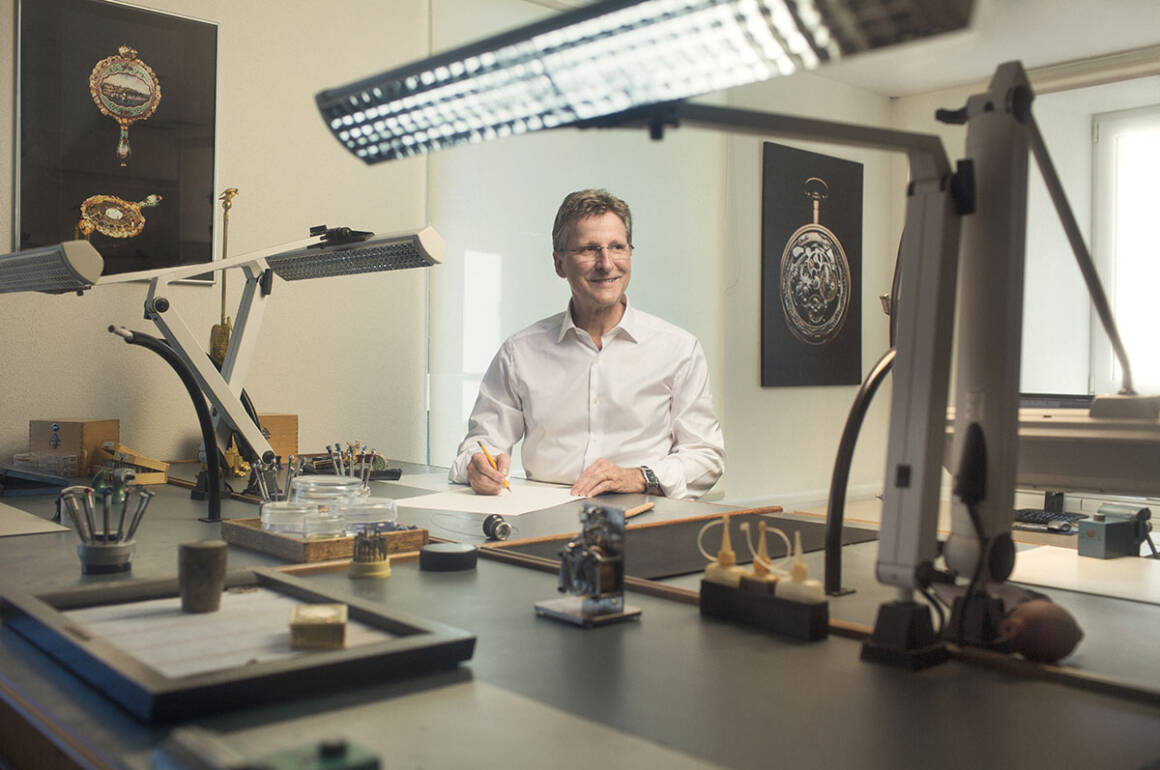
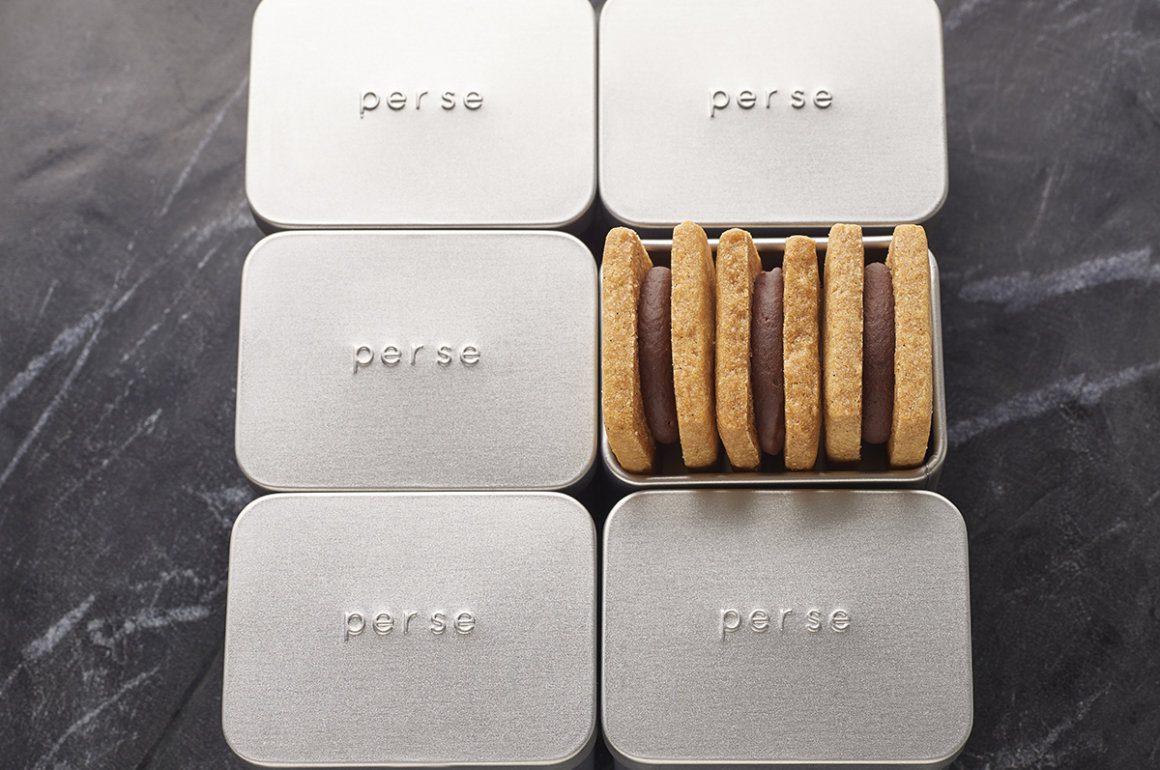
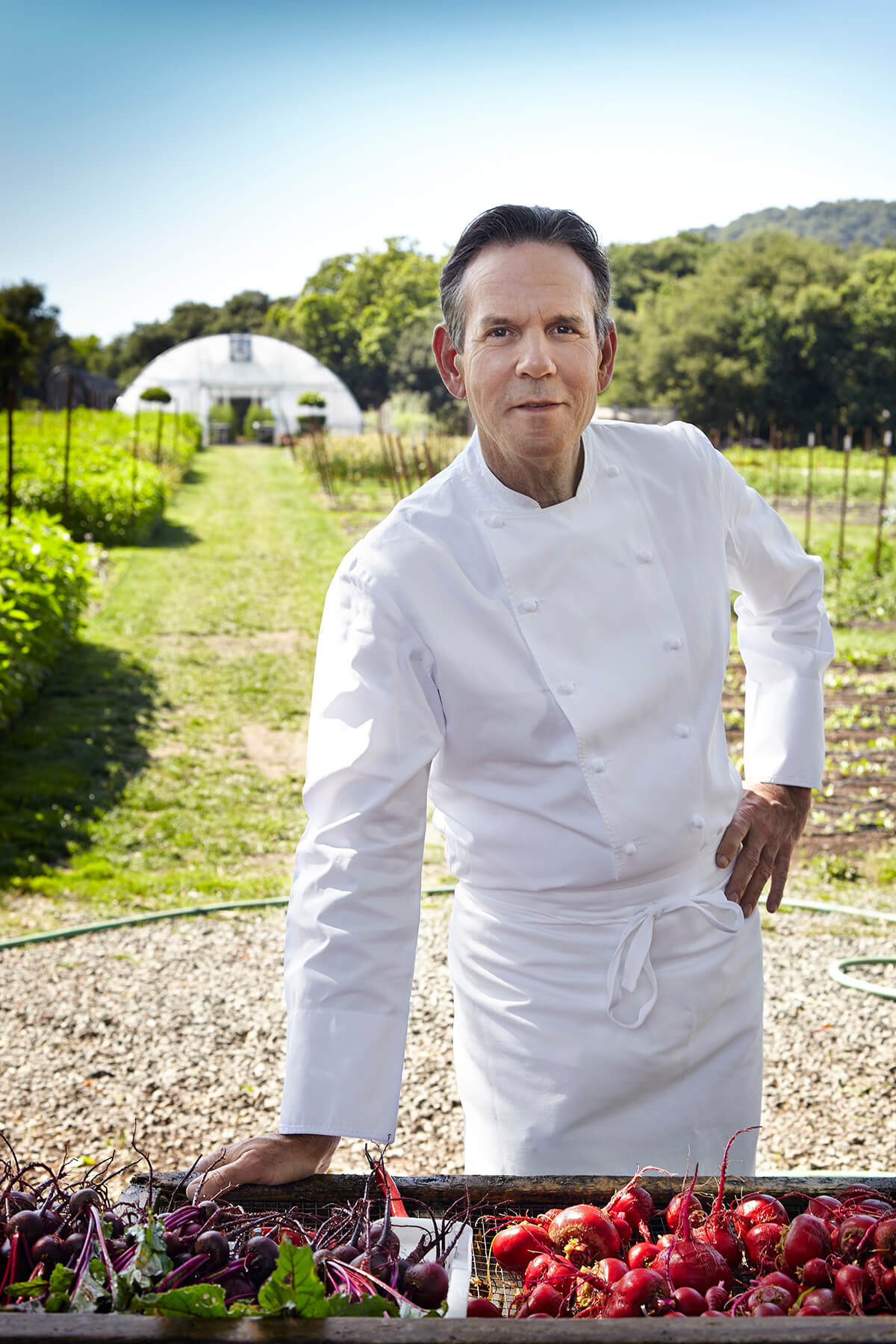
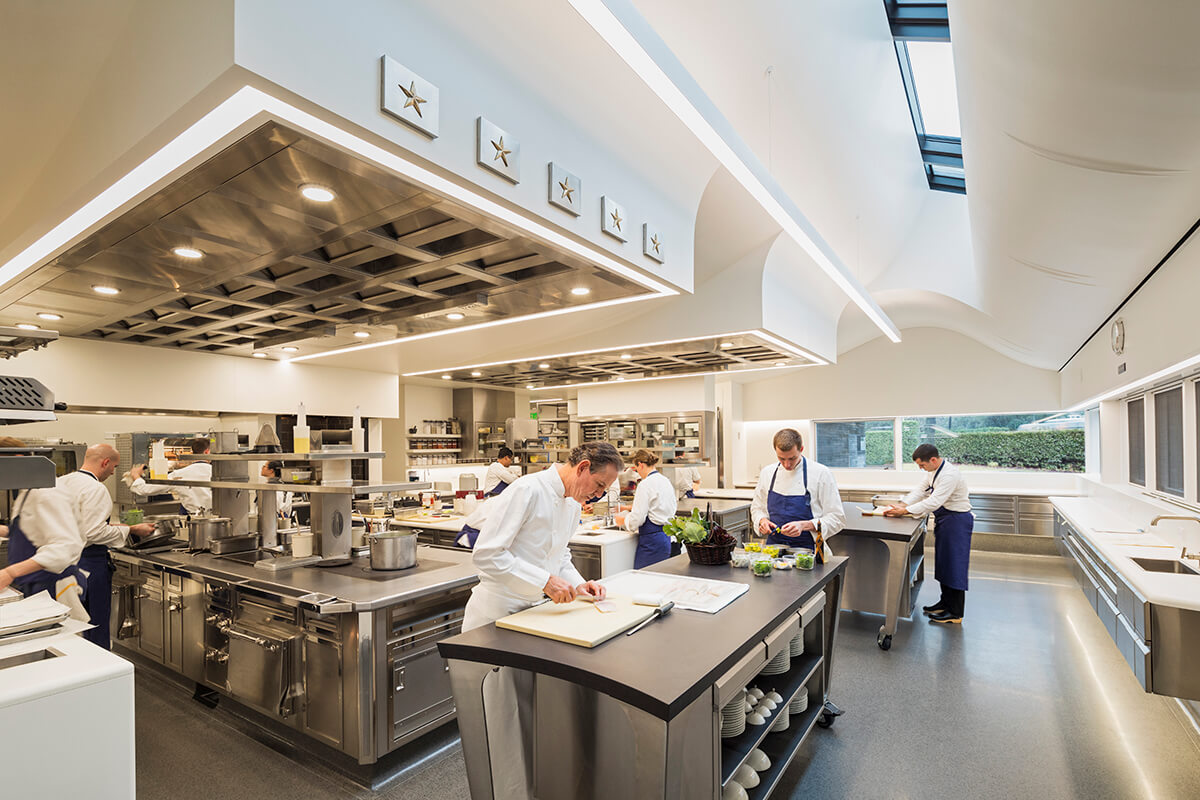
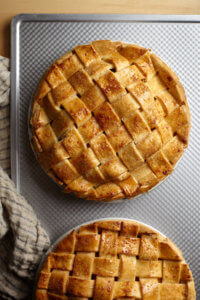





Recent Comments